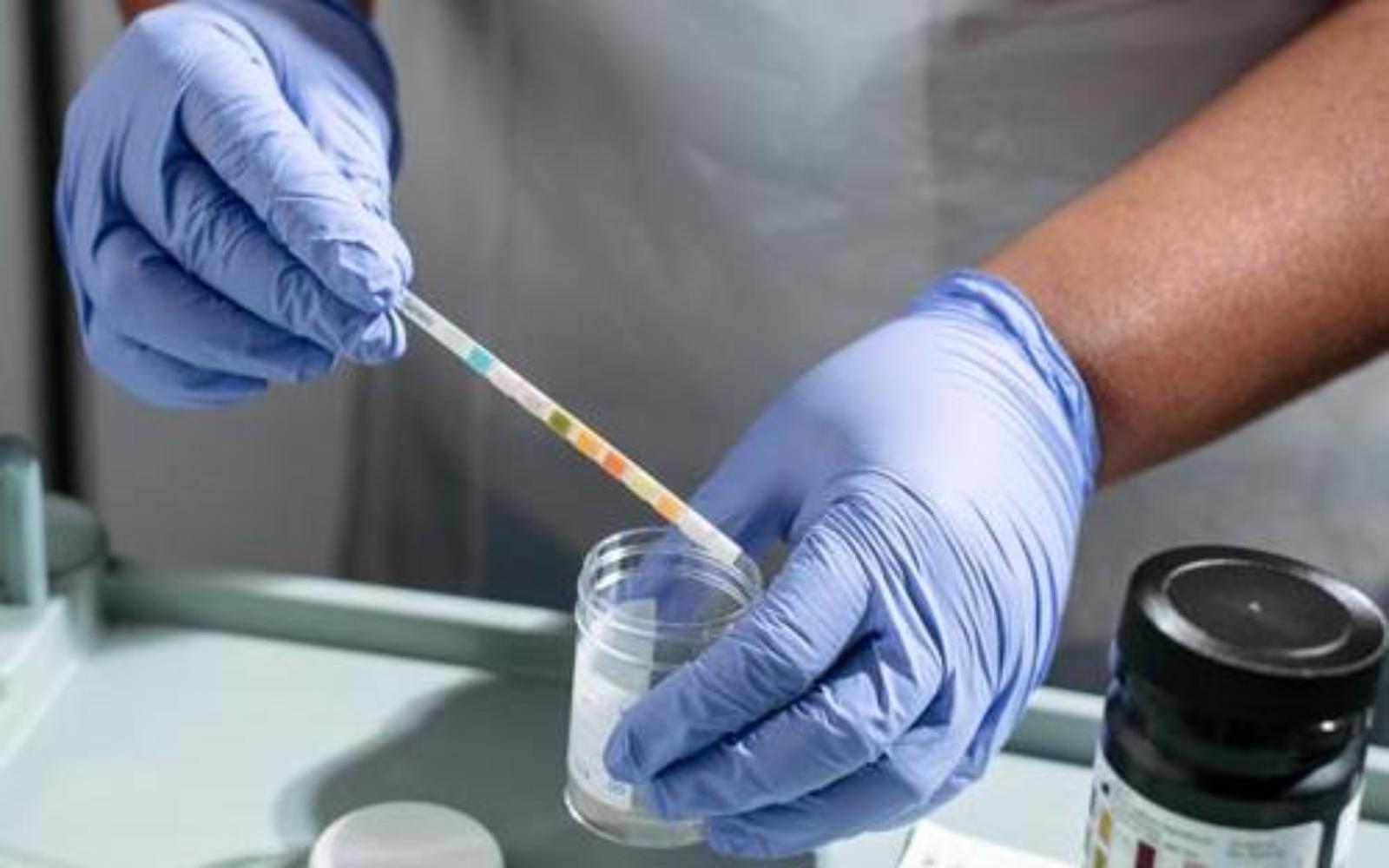/prod01/yorksjacuk/media/content-assets/safe-images/1600-x-900/ODP-1600x900.jpg)
Postgraduate courses
Operating Department Practice
Prepare for an exciting career where every heartbeat, every breath, and every second counts
Discover our Operating Department Practice courses here, or find out more at a postgraduate event.
/prod01/yorksjacuk/media/content-assets/safe-images/800-x-1000/PRINT-22.jpg)
On this dynamic and transformative course, you will nurture your passion for patient care within the high-pressure environment of the operating theatre. Develop the skills required for success as an Operating Department Practitioner (OPD).
What is an ODP?
An ODP is a highly skilled registered professional that can work in any operating theatre department, in the NHS or in private healthcare. ODPs can work in a variety of areas as part of their daily role. These include:
- Accident and emergency
- Critical care
- Obstetrics
- Radiography departments, such as MRI and CT
Across the ODP course, and within the role, there are 3 responsibility focuses:
Anaesthetics are involved from when a patient comes to the operating theatre for their procedure, during their operation until their procedure is complete and the patient is handed over to the recovery team. During these stages an ODP provides skilled assistance to the doctor during airway management procedures, anaesthesia and the administration of drugs, and establishing venous access.
This is the phase of preparation within an operating theatre. The ODP performs routine safety checks, prepares equipment and receive the patient after their anaesthetic is completed, in order to carry out their procedure. During this phase, the ODP assists the surgical team and plays a critical role in ensuring that the surgeon has the necessary kit and that the patient remains safe at all times.
This is where a patient can be at their most vulnerable after surgery, and this is when an ODP provides 1 to 1 care, ensuring that the patient's airway is maintained. An assessment is carried out, including assessments of pain, wound care, baseline observations, and comfort needs. These checks are done to ensure that the patient is comfortable to return to the ward.
Courses

Operating Department Practice (Pre-registration) MSc
Our Operating Department Practice MSc is an innovative postgraduate route into the field of perioperative practice...
.jpg)
Module spotlight: Surgical care and the principles of surgical first assisting
This module will hone your skills in aseptic technique, instrument handling and surgical site preparation. You will also learn about the role of the Surgical First Assistant, including:
- Retraction
- Suturing
- Surgical draping
- Manipulation of surgical equipment
